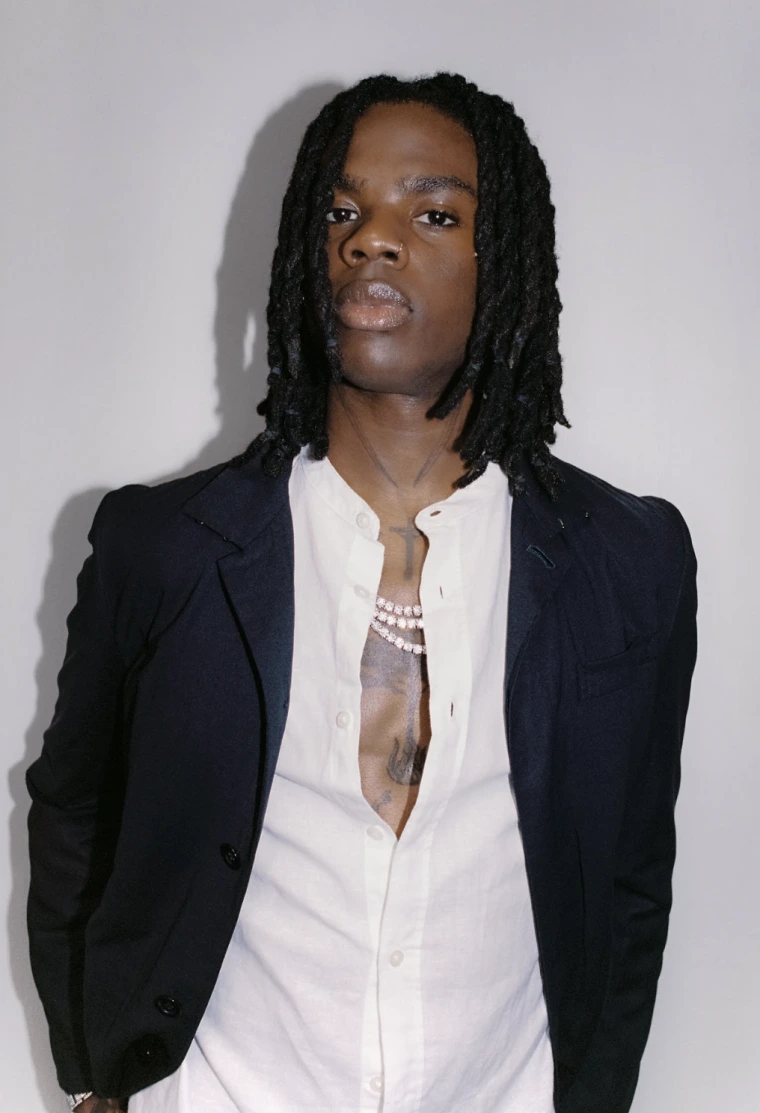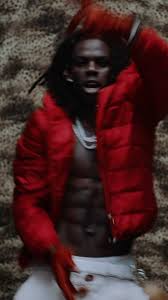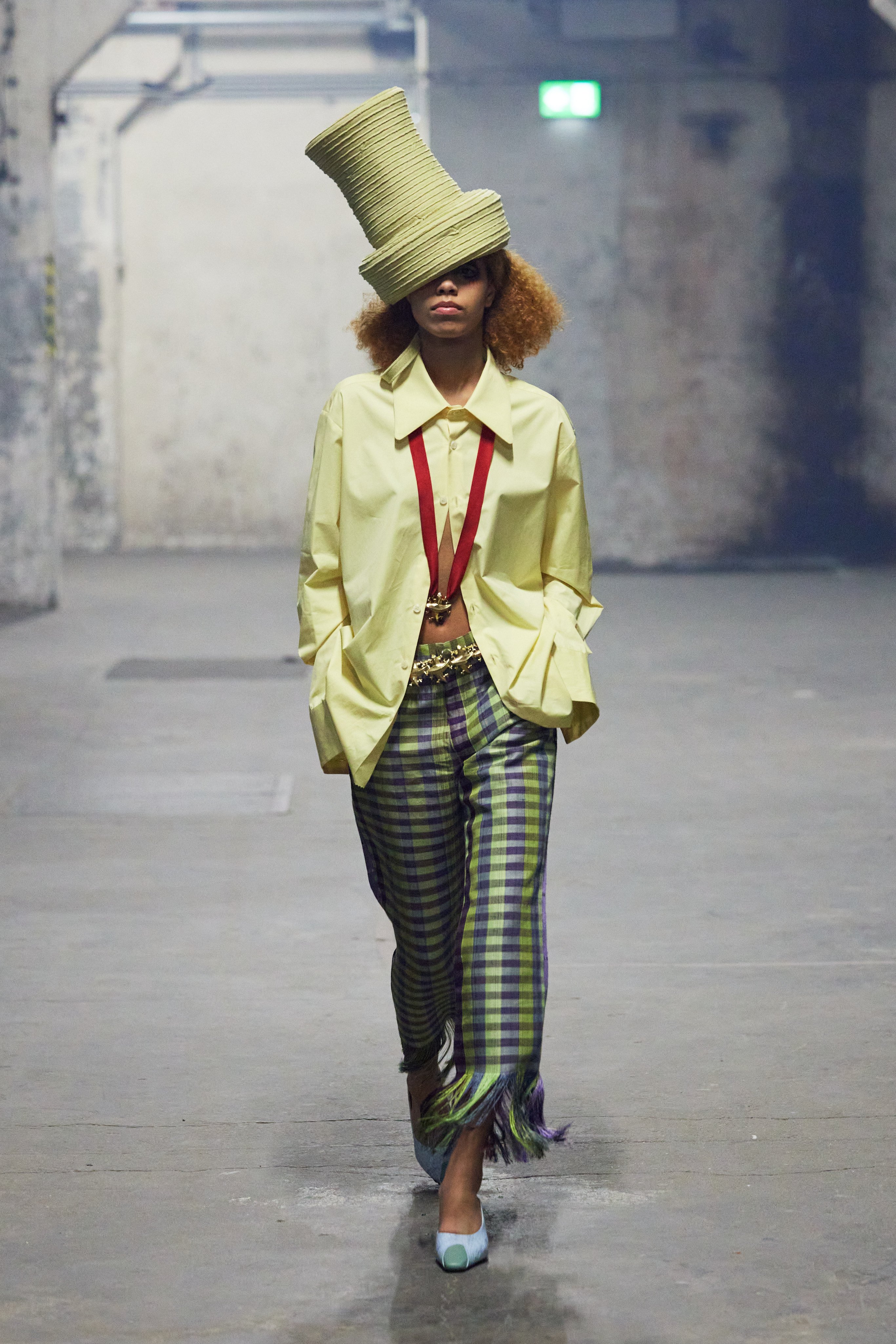Coupé Decalé, Makossa, and Soukous play a major part in this Dance Anthem
If you’ve been paying close attention to the music sphere, then you would have noticed that there has been a rise in Francophone hitmakers within English-speaking territories for the past two years. While Nigerians and South Africans are on top of the English-speaking African population, Congolese artists are known for dominating the French top charts, followed by Ivory Coast and even Cameroonian influences. Together, they have made their mark in each of their respective lanes. However, while the two groups mostly stayed apart, in recent years, they’ve become more eager to collaborate and borrow each other’s sounds. For example, Congolese biggest Soukous artist Fally Ipupa was featured in Oxlade’s 2024 song “IFA.” Most notably, French Afropop singers Tayc and Dadju made an appearance in Davido’s latest album “5ive” earlier this year. As of late, Asake just released a song, “BADMAN GANGSTA” with French-Mélo artist Tiakola, making him the first Congolese artist to chart number one in Nigeria.

It was only a matter of time until Afrobeats prince Rema would contribute to this phenomenon, and as he does it best, he chose to experiment with elements borrowed from Coupé Decalé, Soukous, Mokassa and more.
In a new article with Rolling Stone, Rema revealed that during school parties as a child, they used to play Caribbean and Francophone dance music. While young Rema did enjoy the vibe, although he does not understand French, he also remembers the singers seemingly repeating a few words over and over again throughout the song. Another important take not mentioned, yet audible, is a special rhythm and pace that the sounds of those regions are famously known for, which are all elements present in his third single of this year, “Kelebu.”
Even in the word Kelebu that Rema chose as both the title and its repetitive refrain, it sounds a little bit like the French phrase fait debout, or its correct phrasing, which would be metez-vous debout. This translates in English as stand up! In the context of a party, the DJ might feel the need to order the crowd to stand up and dance, as in this instance, it is necessary. Similarly, Rema, in the preview, jumps in full force and says Kelebu to urge listeners to dance.

Produced by London, Ambezza and Nik D, it is not surprising that Rema did not make a complete shift similar to his last album “HEIS,” and instead, he extended his rave era while adding fresh new drums and even a dance challenge with a price into the mix. His raging rap-like vocal performance is very much intact while attempting to create his own version of a summer anthem. When trying something new, it does not come without scrutiny and at the beginning of his rollout, it seemed like the internet was divided on how to feel about the song. Some individuals from the regions Rema drew inspiration from even went as far as saying they do not hear the resemblance sonically with Coupé Decalé and the rest.
Now that the single has been released, what conclusion can we make about “Kelebu?” It is too early to suggest whether those not in favour of the preview will change their mind in due time and give this song another chance; however, one thing is clear: this is Rema’s loose interpretation of a terrain he is not familiar with, but grew up listening to at a particular time. The producers took easily recognisable elements such as fast-paced drums similar to Coupé Decalé and created something new. Their intent wasn’t to copy and paste an existing soundscape but instead, merge worlds together and attract listeners of a growing scene in the space Rema occupies. At a time when French artists are becoming more prevalent in English-speaking regions, collaborations between the two groups are more prominent, this presents a perfect opportunity for listeners on both sides to explore the range of artists each of them has to offer.
.svg)

.JPG)





.png)

